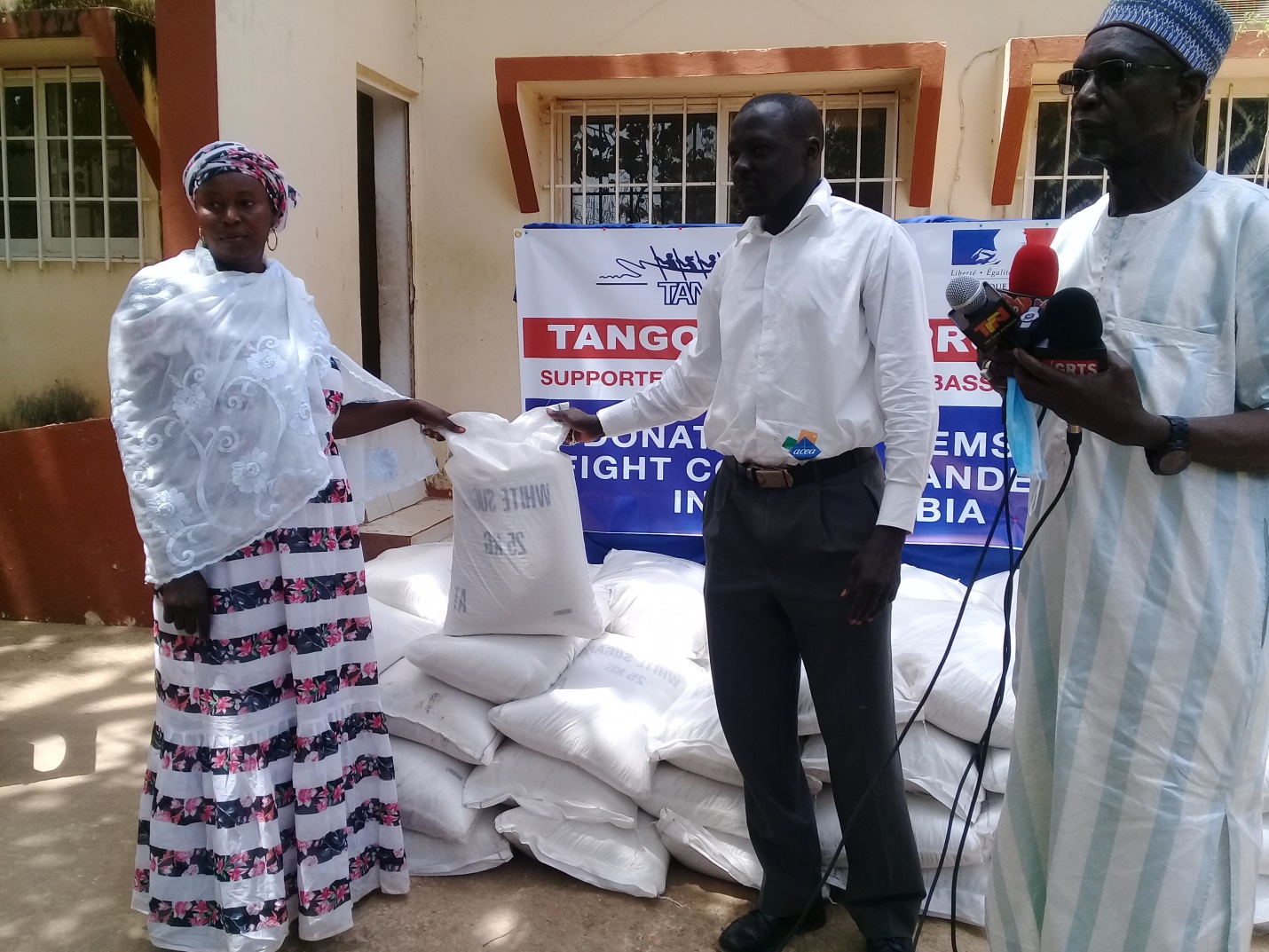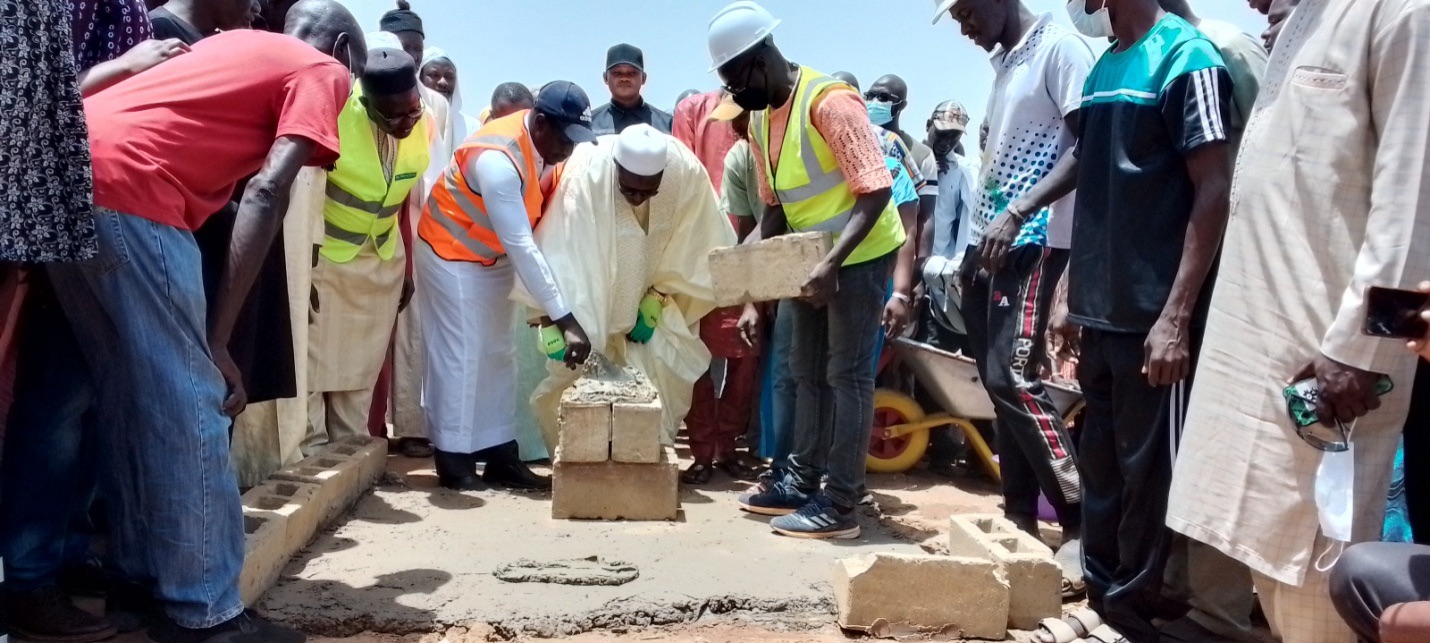By: Haruna Kuyateh
4H Gambia, a local NGO recently organized three days of training for farmers on production techniques, market research, compost making, and the significance of climate-smart agriculture.
The training was held in Walalan Upper Badibou, North Bank Region, and formed part of a 1ha vegetable garden provided by 4H Gambia with funding from the Global Environment Facility GEF under the UNDP small grant project.
The training was meant to prepare farmers to better their understanding of production techniques.
Alieu Ceesay, 4H Gambia Program Director emphasized the importance of capacity development of farmers in climate-smart agriculture to boost production and productivity. He noted that the provision of gardens would help women and youths to venture into horticulture to boost nutritional supplementation and sustainable income.
He commended GEF for their support to the NGOs in building the resilience of farmers on climate change.
Dembo Samateh, Deputy Governor of North Bank Region highlighted the government’s commitment to strengthening food production for women and youths.
He noted that regional authorities recognized the important role of 4H Gambia in transforming skills acquisitions to take up meaningful development to attain sustainable development.
Deputy Governor Samateh called on beneficiaries to be steadfast in the utilization of skills in production techniques and market research.
Alpha Sey, lead trainer reiterated the need for farmers to adopt climate-smart agriculture, citing the use of organic manure.
He said it is very important for farmers to attach great importance to market research, production planning, record keeping, compost making, and bio-pesticide.
Bakary Jammeh, representative of the chief of Upper Badibou commended 4H Gambia for their intervention in the district. He called on the beneficiary to ensure proper upkeep of the garden and effective utilization of skills.
Momodou Demba Bah, Alkalo, and Fatou Sowe women leaders described the intervention as crucial, noting that it is the first ever garden to benefit the village.
The women launched passionate appeal from development partners to provide them with a coos milling machine. The absence of labor savings resulted in women and youths to travel to border villages in Senegal for milling.
Abdlie Bah, the youth leader said the garden will help address youths to travel to Senegal for gardening. He called for more support from NGOs and development partners to expand the garden to respond to the needs of youths and women.



